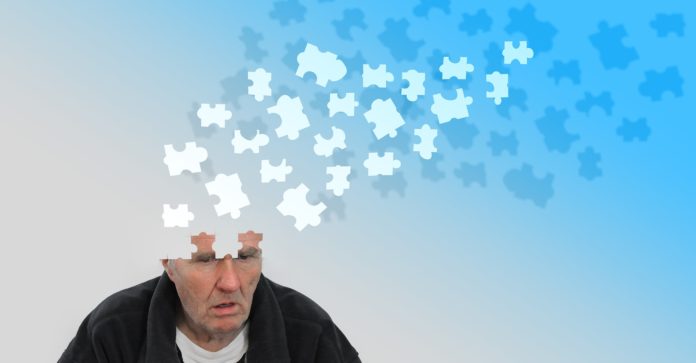Following a diagnosis of dementia in older people, medication use increased by 11 per cent in a year
People living with dementia often tend to have way more medications than is necessary.
These are not just drugs associated with the disease but a myriad basket including sleeping pills, painkillers, depression drugs and antacids. The numbers of inappropriate medications tend to be higher in people who have been newly diagnosed with the disease.
In a study published in the Journals of Gerontology: Medical Sciences, researchers from Yale University and University of Kentucky in the US studied nearly 2,500 people. They concluded: “Number of medications and PIMs (potentially inappropriate medications) use increased annually for participants with and without dementia. Persistent challenge of increasing PIM use in this group of older adults is of major concern, and warrants interventions to minimize such prescribing.”
Following a diagnosis of dementia in older people, medication use increased by 11 per cent in a year and the use of potentially inappropriate medications increased by 17 per cent, said Danijela Gnjidic, from the University of Sydney in Australia.
Potentially inappropriate or unnecessary medications included sleeping tablets, pain drugs, depression drugs and acid reflux drugs (proton pump inhibitors).
“These medications are typically recommended for short term use but are commonly used long term by people with dementia,” Gnjidic said.
“There are few urban studies from several regions of India showing similar varying rates: From 2.44 to 4.1% in West India, 1.83% in North India, 0.8-1.28% in East India, and 3.6% in South India”
“A number of reasons may account for this, including inadequate guidelines, lack of time during physician patient encounters, diminished decision-making capacity, difficulties with comprehension and communication, and difficulties in establishing goals of care,” she added.
Consolidated figures of dementia incidence in India are not available. According to a 2012 study in Neurology India, “The prevalence of dementia of rural population in South India and that in North India showed a widely varying rate from 3.39 to 0.84%, respectively. There are few urban studies from several regions of India showing similar varying rates: From 2.44 to 4.1% in West India, 1.83% in North India, 0.8-1.28% in East India, and 3.6% in South India. The differences may be true considering the multiethnic, multicultural, and environmental differences. Utilizing a common protocol and undertaking multicentric study on dementia prevalence and incidence may overlook distinctive differences across regions. ”
Talking about her study Gnjidic said: “These findings are of major concern and highlight the importance of weighing up the harms and benefits of taking potentially unnecessary medications as they may lead to increased risk of side effects such as sedation or drowsiness, and adverse drug events such as falls, fractures and hospitalisation.”
“Deprescribing unnecessary medications may improve an individual’s quality of life and can reduce unnecessary healthcare cost,” she added.



Heya i am for the first time here. I came across this board and I find It really useful & it helped me out a lot. I hope to give something back and aid others like you aided me.